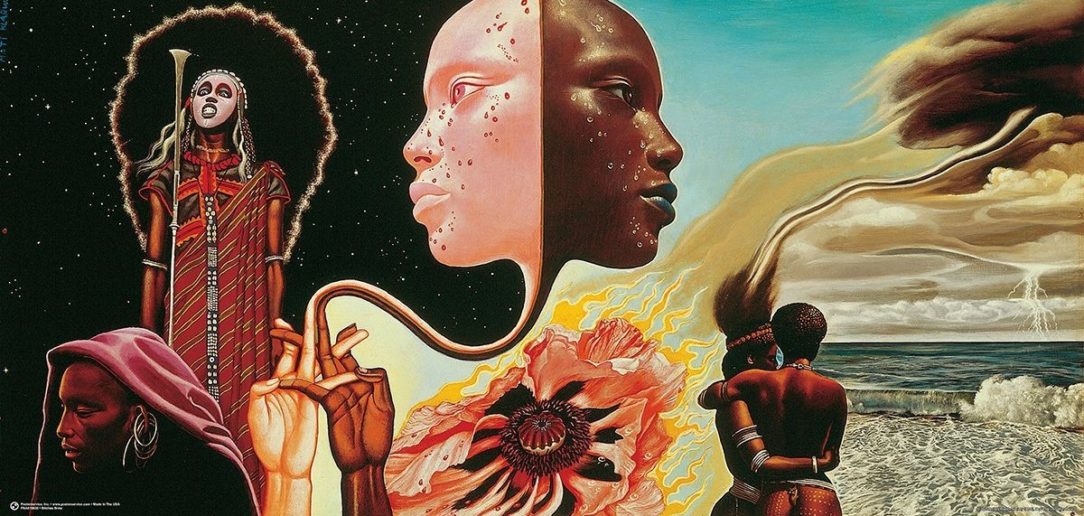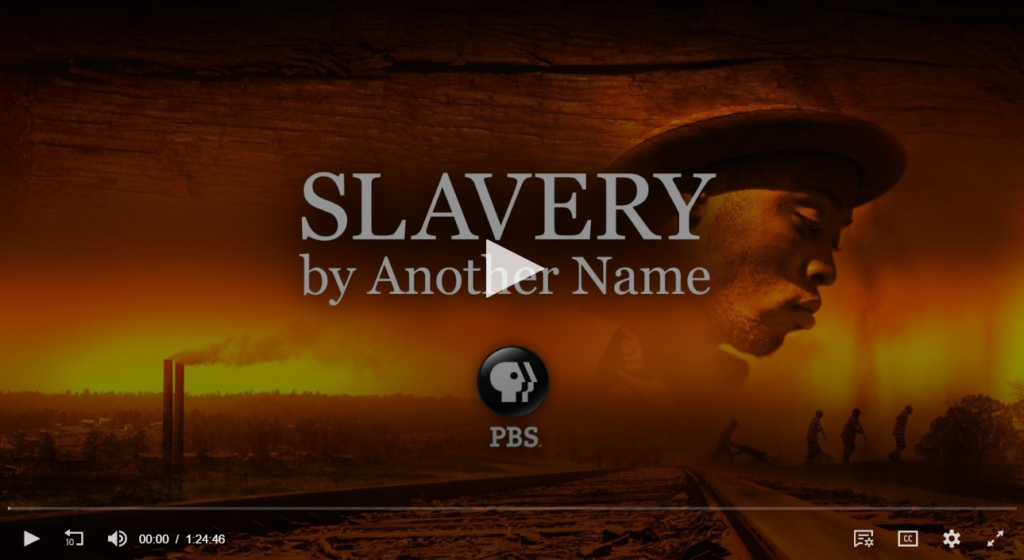Recently, the word equity has become more prominent in discussions of how to address growing poverty and inequality along lines of race, class and gender. Some examples in Indianapolis:
- The Indy Chamber recently collaborated with the Brookings Institute on a study about Committing to Inclusive Growth.
- The Central Indiana Community Foundation (CICF) recently changed their mission to “mobilize people, ideas and investment to make this a community where every individual has equitable opportunity to reach their full potential—no matter their place, race or identity” (see “Dismantling Institutional Racism: Our Journey” by Pamela Ross and “A Conversation with Brian Payne” a podcast where CICF’s president talks about the new direction).
Why all the current interest in equity? Why now? What’s behind it?
In my view, there are three key underlying motivations:
- The resurgence of racist ideologies which has made possible the current presidency, which in turn has refueled the resurgence.
- The resurgence mentioned above has re-awakened a segment of society that felt that the fight for civil right had already been won.
- The concern that growing wealth disparities will eventually lead to social instability and put the entire social order at risk.
In truth, any critical look at past efforts to make America a more equitable society will show that the challenges of doing so are often met with lots of resistance, trickery and violence. Inequitable structural conditions simply change their clothes, as folks attempt to create a more equitable society.
For just a few examples of the many historical demonstrations of this reality, we can refer to Black Wall Street, COINTELPRO, the MOVE organization bombing, and Bury My Heart at Wounded Knee. For a handful of examples of the changing faces of inequity that have helped our current structures remain foundationally inequitable, we can look to the dismantling of the reconstruction era, persistent and widespread police brutality and state-violence, and the recent efforts to attack Roe v. Wade.
For further analysis you can refer to resources such as the film 13th, the Color of Law by Richard Rothstein and The New Jim Crow by Michelle Alexander. History has a clear message for us about the prospects of creating equity within our inequitable society. The branches cannot be of a different kind from the roots.
If we’re honest about it, this country has never been equitable. In fact it was built on inequity and it continues to be fueled by inequitable structures.
With all of that said, we must continue to push for something different.
How can we create some processes and procedures to mitigate inequity in our social, legal, and economic structures? How can we begin some conversations about creating a system that is equitable? What can each of us do in the present to advance equity in our society?
First and foremost, all of us, every last one of us, must engage others in our work, home, and play spaces to have honest, open, and authentic conversations around the issue of inequity. Some of us, particularly those in positions of power, must have the courage and strength to look more deeply at the inequitable structures that exist within their own organizations and institutions. The real courageous ones must begin to look at and change policies, processes, and cultures that prevent creating more equitable institutions. For example, we need to begin to internally reward staff/departments that take tangible action to address the equity question, and create consequences for those who don’t. We must engage in these difficult conversations which can help us have a better understanding of ourselves, others, and our history as we seek to build structures with the possibility for equity.
As for the Kheprw Institute, we have a goal to launch a local equity index that people can use to measure and evaluate their own organizations and institutions through an equity lens. We are also partnering with Scarabys Consulting to host Culture Shift a Masterclass which includes a panel and workshop focused on equity (October 3 and 17, 2018, click here for more information).
Broader than that, we put energy daily into building relationships that can birth more equitable ways of being through genuine human connection and opportunities for empowerment, agency, and self-determination. The old structures and false solutions do not provide the promise of equity. At this moment, we need brave new connections that begin to pave the way for a better path forward.



